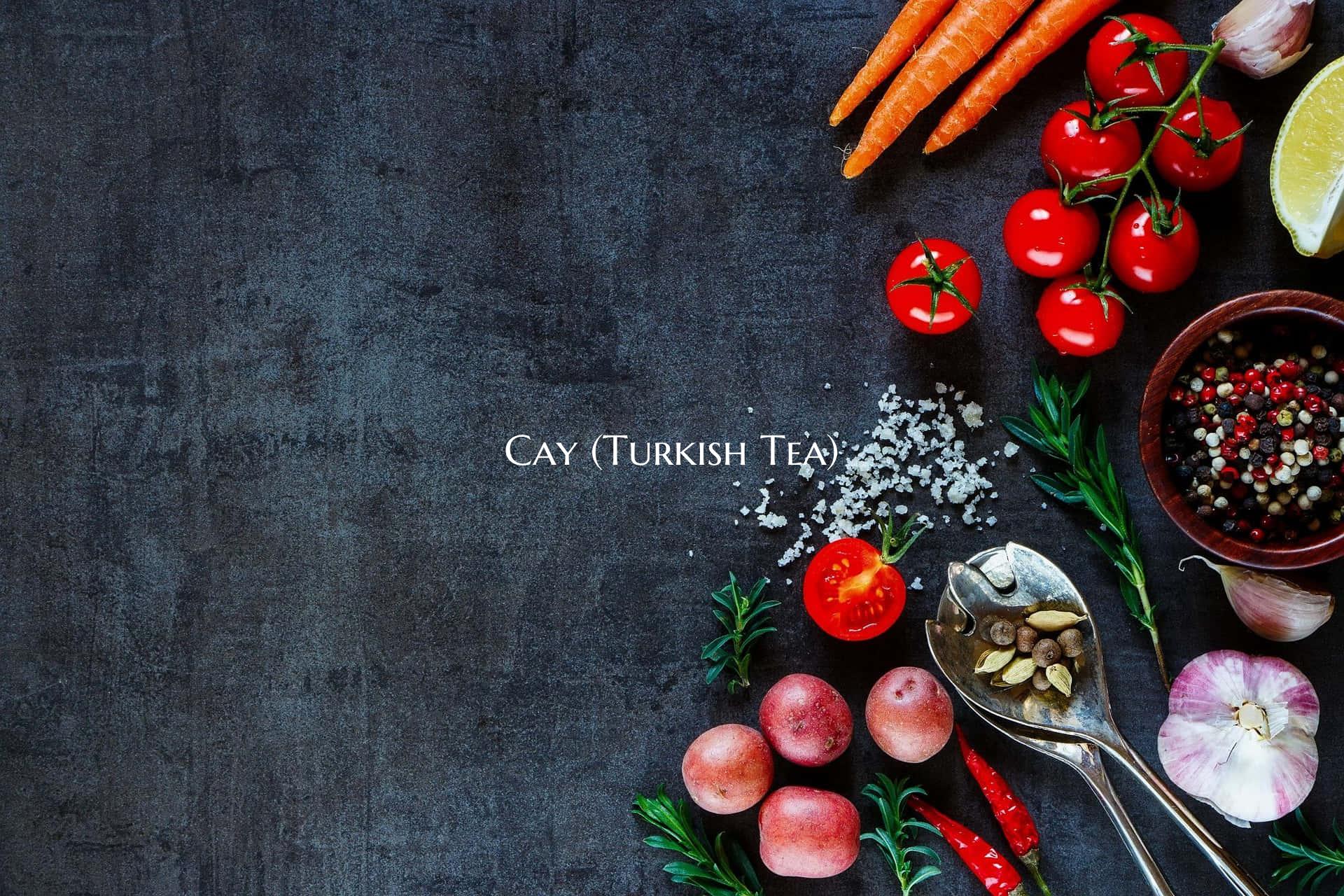
Cay (Turkish Tea)
Introduction: Çay, commonly known as Turkish tea, holds a special place in Turkish culture and daily life. This traditional beverage is not just a drink but a symbol of hospitality, friendship, and socializing in Turkey. With its rich aroma and distinct flavor, Çay is an essential part of the Turkish culinary experience.
History and Significance: Çay has been an integral part of Turkish culture for centuries. Introduced to Turkey in the early 20th century, tea quickly gained popularity and became a staple beverage in Turkish households. The tradition of drinking Çay has since become deeply rooted in Turkish social customs, with tea-serving rituals evolving into an art form. It is common to offer guests a glass of hot Çay as a gesture of warm welcome and hospitality in Turkey.
Preparation and Serving: Turkish tea is typically prepared using a special double teapot called a "çaydanlık." The top pot is filled with loose black tea leaves while the bottom pot is filled with boiling water. The tea is brewed by allowing the steam from the boiling water to infuse the tea leaves, resulting in a strong and flavorful brew. Once ready, the tea is served hot in small, tulip-shaped glasses called "fincan" accompanied by a sugar cube or two.
Cultural Significance: In Turkey, Çay is more than just a beverage – it is a social activity that brings people together. From family gatherings to business meetings and casual chats with friends, tea-drinking plays a central role in Turkish social interactions. Tea houses, known as "çayevi," are popular meeting spots where people gather to enjoy tea, engage in conversation, and play games like backgammon.
Health Benefits: Beyond its cultural significance, Turkish tea also offers health benefits. Black tea, rich in antioxidants and polyphenols, is known to promote heart health, improve digestion, and boost immunity. Additionally, the act of sipping hot tea is believed to have a soothing effect on the mind and body, making Çay a comforting and relaxing beverage.
In conclusion, the tradition of Çay in Turkey goes far beyond just drinking tea; it represents a way of life, a social ritual, and a symbol of Turkish hospitality. Whether enjoyed in the bustling streets of Istanbul or the serene countryside, Çay continues to hold a special place in the hearts of Turks and remains an enduring symbol of Turkish culture and identity.
